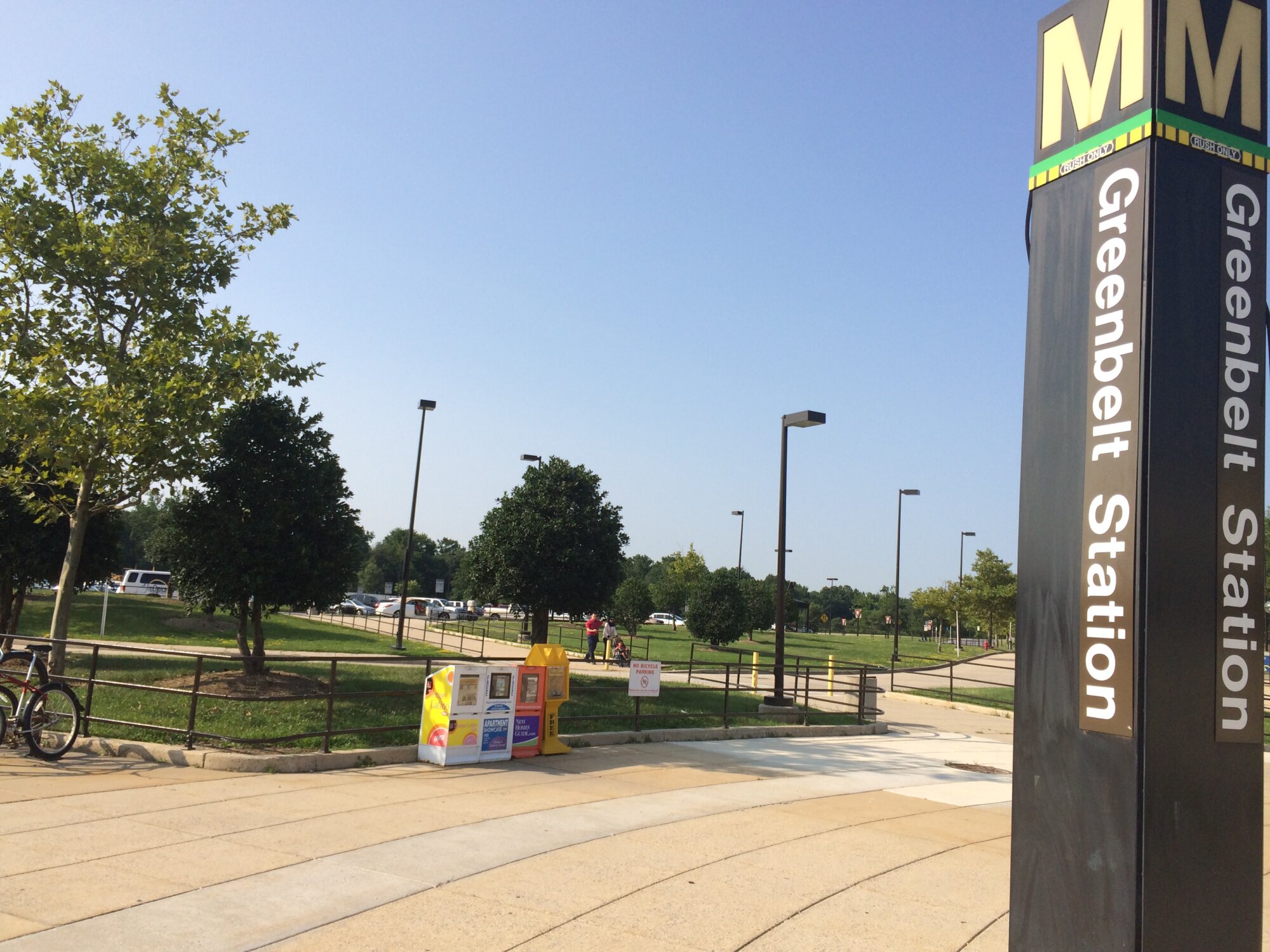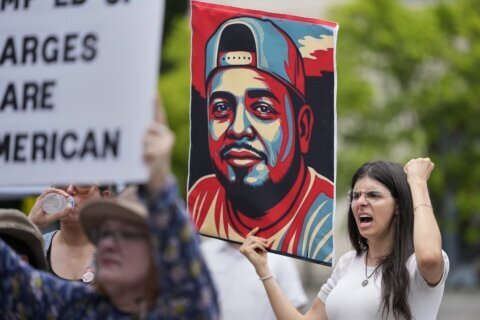During a Maryland Public Works meeting Wednesday, Langhorne spoke out about how difficult life can be after a long prison sentence — even for those who are fully exonerated.
“There’s no savings, you know, there’s no preparation,” said James Langhorne.
Langhorne was convicted of murder in a Baltimore City shooting in 1998, when he was 23 years old. He was sentenced to life in prison.
After requesting a review of his case through the State’s Attorney’s conviction integrity program, the court found that there was false witness testimony used to support his conviction.
He was released on Feb. 10 after almost 30 years — 9,870 days — in prison, and awarded $2.75 million in compensation. The award was calculated based on Langhorne’s estimated annual income and the number of days he was incarcerated, according to a document from the Maryland Board of Public Works.
“I guess I am angry at those who violated their trust as public servants,” Langhorne said.
The conviction stemmed from an incident around 2:45 a.m. on Nov. 20, 1993, when Lawrence Jones was walking to his home in the 1400 block of Bank Street and was “confronted by an individual who produced a handgun and shot him,” according to a press release from the Baltimore City State’s Attorney’s Office.
He died later that night.
“There were no witnesses to the murder itself, and officers recovered no physical evidence of value at the scene,” according to the Baltimore City State’s Attorney’s Office.
The investigation “went cold” until it was reassigned in 1996 when information from a jailhouse informant “who was hoping to avoid a 10-year sentence and two now-recanted identifications” led to Langhorne being arrested on Nov. 15, 1996.
He was convicted of first-degree murder, handgun use during the commission of a crime of Violence, and other related charges and sentenced to life in prison plus 20 years after a jury trial in 1998.
Langhorne said he was grateful to be released, but he wasn’t prepared for the difficulties that come with it.
“I’ve known of people who were exonerated, who couldn’t maintain — now they’re back in prison (for crimes) that they did commit,” he said.
One of his struggles he detailed was getting help with his medical bills.
“I went through every resource that I could think of just to get medical insurance,” he said. “I’m a diabetic, and had I not had a friend in that field, I probably still wouldn’t have medical insurance.”
Lt. Gov. Aruna Miller chaired Wednesday’s Board of Public Works meeting and apologized to Langhorne on behalf of the state.
“There are no words to express how deeply sorry we are for what was taken from you and for the failure of our justice system,” she said. “While no amount of money can erase the injustice you faced or the time that was stolen from you, I hope today’s action by this board provides meaningful support, healing and comfort as you step into the next chapter of your life.”
Get breaking news and daily headlines delivered to your email inbox by signing up here.
© 2025 WTOP. All Rights Reserved. This website is not intended for users located within the European Economic Area.







